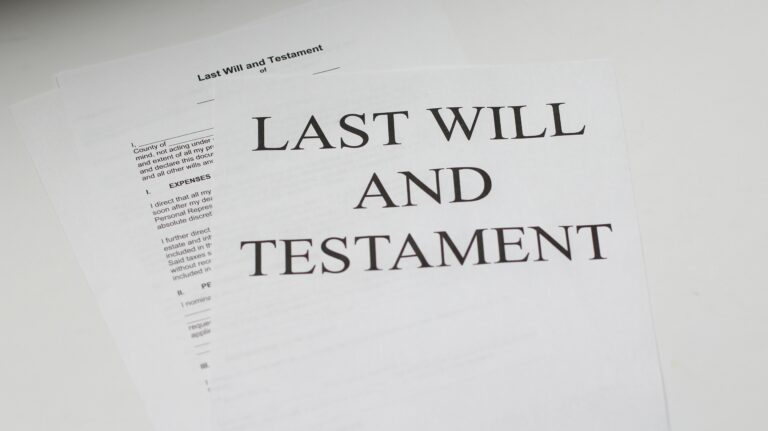
What Is the Purpose of a Pet Trust?
You don’t have to be a billionaire to want to protect your pets. However, you do need to plan for their well-being, if something happens to you. Since pets are considered property, they can’t inherit money to be used for their care. Instead, as explained in a recent article from Barron’s Penta “Future Returns: Why Fido Needs a Trust” titled owners can create pet trusts to protect them, if something happens to their humans. With close to 70% of American households having pets, pet trusts have now become mainstream.
Owners need to designate a reliable caregiver, just as they would designate a guardian for minor children. If you don’t have family members or friends who love animals, contact a local animal rescue group to learn if they have a life-long care program for animals. Many do, with programs incorporating Charitable Remainder Trusts to cover the cost of the pet’s care.
If you want a friend or relative to care for your pet, make sure they are willing and able to do so. You should have another person as a back-up, in case something happens to them. Circumstances change, and someone who wants to take care of your pet now may not be able to in future years. How long you need to plan for depends upon the lifespan of your pet.
An experienced estate planning attorney can create a pet trust. Because state law enforces conditional distributions from the trust, the care of your pet can be enforced in court, if necessary. The pet owner names a beneficiary, the caregiver and funds the trust with enough assets to care for the pet.
The pet owner also names a trustee. They are a responsible person who will be in charge of distributing funds and making sure they are used for the pet’s well-being. The trustee also makes sure that the pet is healthy and being properly cared for, following the directions of the trust.
Your estate planning attorney will know what your state’s laws are regarding pet trusts, which varies from state to state. For instance, Pennsylvania requires a pet trust to end when the last pet in the trust dies, while other states may limit the trust’s length to 21 years. For dogs and cats, 21 years is a reasonable period of time. However, for other pets, like birds who can live to 100 years, this won’t be long enough.
You’ll need to fund the trust, making sure that there’s enough money to cover the pet’s needs throughout their lifetime. You may also consider the caregiver’s needs, depending on circumstances. How much is reasonable will depend upon the type of pet and the lifestyle of the caretaker. An apartment dweller caring for an elderly cat will need a different level of resources than a person tasked to care for a young horse.
Some states limit the amount of money in a pet trust and will penalize overfunding. Making sure your pet trust is appropriately funded may limit the likelihood of its being challenged.
Reference: Barron’s Penta (April 18, 2022) “Future Returns: Why Fido Needs a Trust”









